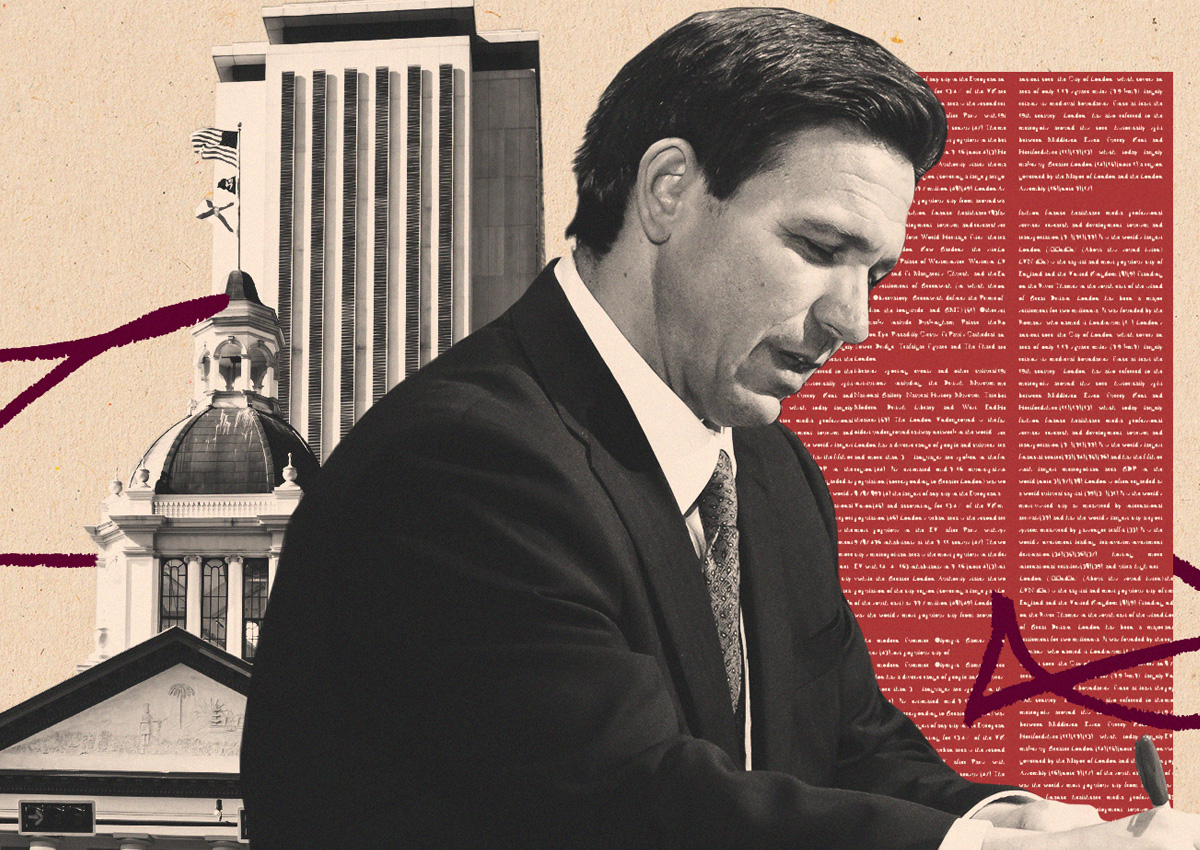A new immigration law in Florida targeting undocumented people in the state could take a toll on the construction labor workforce, and ultimately force contractors to raise wages and benefits to become more competitive.
In the days after Senate Bill 1718 became law, videos of empty construction job sites and farms went viral online. Some workers reportedly feared they would be reported and deported. But the law hasn’t gone into effect yet, and it’s unclear how it will be enforced.
The legislation, signed by Gov. Ron DeSantis May 10, will take effect July 1. It has garnered attention in part because it requires private employers with 25 or more employees to use E-Verify, the federal employee verification system.
Attorney Lisa Colon, a partner at Saul Ewing, said she hasn’t heard clients complain about workers failing to show up to construction sites.
“I’m not doubting there will be construction projects that will be affected,” Colon said. “I think what is happening is the undocumented workers will leave the state because of part of the law that says their drivers’ licenses are no longer valid.”
The law renders out-of-state drivers licenses invalid for undocumented workers, making it more difficult for them to work and move around. More than a dozen states, including California, New York and Colorado, provide undocumented people with state IDs. Florida does not.
“Word spreads rapidly through the migrant community,” she said. “They will leave in a heartbeat.”
The real effects of the law will likely be seen after it goes into effect this summer, Colon said. She predicts that small businesses working on small residential and commercial projects, like roofers, plumbers and masonry contractors, will “feel the pinch” more than big general contractors.
Any company working on a government project on a local, state or federal level was already required to use E-Verify. The law won’t be enforced with fines until July 1, 2024.
“It doesn’t add anything in terms of helping to fix the immigration issues. What it does unfortunately do is add a layer of compliance to small businesses,” she said. “That all takes staff, if you have to hire someone to make sure this is all being done correctly.”
Construction workers may also become more scarce.
For many contractors and subcontractors, the law will make it harder to fill job sites. Construction labor is already in short supply. The industry has been losing workers for years, many of whom didn’t return after the last recession. Nationwide, the construction industry is short more than half a million workers, according to a report from the Associated Builders and Contractors.
“I have a handful of construction companies I represent that are going to have to learn how to adapt,” said Scott Bettridge, who chairs Cozen O’Connor’s immigration practice. He referred to one construction company executive who asked what to do now in such a “a challenging staffing environment.”
Bettridge said that the law does take some of the burden away from human resources employees who were already required to check identification and fill out I-9 forms verifying employment eligibility.
The law could also have a domino effect.
Construction companies could be forced to raise wages to attract more documented workers, in turn pushing up costs. That would be passed onto the owner or developer, and ultimately the prospective buyer or tenant of a property.
Though the punishment for employers and employees who break the law is steep, enforcement is also a big question mark. Beginning in July 2024, the Department of Economic Opportunity will fine employers who fail to use E-Verify three times in any two-year period $1,000 a day until they comply.
Peter Dyga, CEO of the Associated Builders and Contractors’ Florida East Coast chapter, said he’s heard some companies reporting fewer workers showing up to job sites. But he believes people are taking advantage of the situation politically, to shift the blame onto Gov. Ron DeSantis. Dyga instead is critical of the federal government, and has been advocating for comprehensive work reform.
Read more

“When you allow millions of people to come into the country, you take the time to give them a court date, but don’t give them work authorization?” Dyga said. “You either don’t let them in, or don’t let them in without authorization to work.”
Dyga also pointed to misinformation regarding when the law goes into effect and enforcement.
“How bad will it be? Dyga asks. “I don’t know. I think time will tell.”
